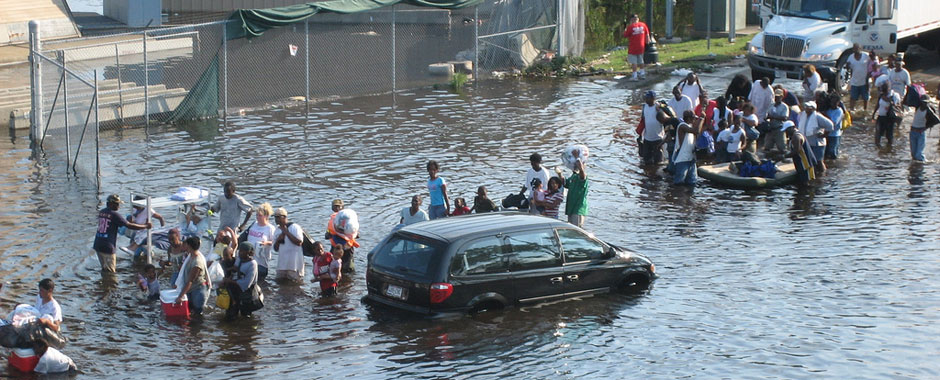The links between the environment and justice, past and present, are highlighted in a new article, ‘The antinomies of nature and space’, co-authored by STEPS member Lyla Mehta.
So-called ‘natural’ disasters, whether heatwaves, hurricanes, droughts or earthquakes, are linked in their impacts – and sometimes their causes – to patterns of injustice. Poverty and inequality reinforce and add to the effects of these events.
The article draws attention to the “disproportionate environmental harm” that “occurs to societal groups with less access to power (understood across intersections of gender, race, ethnicity, class, caste, colonial relations, location, and linked axes of socio-spatial difference”.
The authors critically reflect on a range of responses to environmental problems: from conservationism and ecomodernism, to political ecologies, critical feminist, anti-racist and queer approaches, and approaches from science and technology studies (STS), actor-network theory, environmental history, postcolonial studies and environmental humanities.
The article launches a new journal, Environment and Planning E: Nature and Space. Lyla Mehta is on the editorial board, along with co-authors Rosemary-Claire Collard, Leila Harris and Nik Heynen.
From the journal’s website:
“International in scope, the journal welcomes theoretically robust, empirically rich research from an array of fields including political ecology, environmental justice, science and technology studies, conservation and the environmental humanities. The journal proposes to push the ways we understand the uneven, dynamic, and often unjust intersections of nature and space with particular interest in their societal, political, and economic dimensions.”
Scholars wishing to contribute to the journal should read the submission guidelines for more information.
